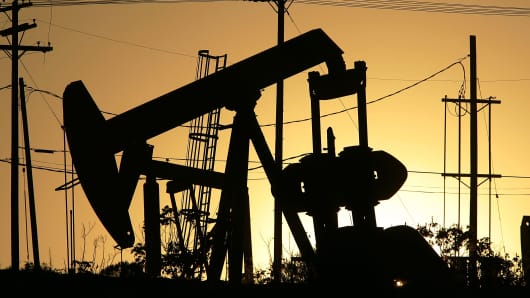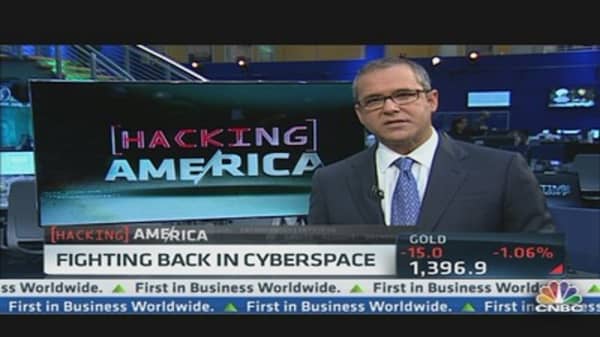Described as the most destructive cyber strike conducted against a single business, the 2012 attack against oil giant Saudi Aramco forced an industry-wide rethink of the defenses surrounding the world's critical energy architecture.
Companies and intelligence experts say important lessons have been learnt and firewalls strengthened. The Aramco incident was "a very useful heads up" for the industry, said David Hewitt, co-head of global oil & gas research at Credit Suisse. "This is an industry with deep pockets and they will focus on it. The walls would have moved up if they have not already done so."
General Michael Hayden, former director of the U.S. National Security Agency and Central Intelligence Agency said the energy and financial services industries were at the frontline of the cyber wars. They are at the "point of highest danger…on the 'X', as we used to say it in my last profession," General Hayden told CNBC on Wednesday. "They are becoming quite serious about defending themselves."
(Read More: Snowden to Damage US-China Ties: Former CIA Chief)
Saudi Arabia's national oil company, Aramco, said last December that the mid-August cyber-attack that damaged some 30,000 computers though failed to halt production was aimed at stopping oil and gas flows from Saudi Arabia, the biggest exporter in the Organization of the Petroleum Exporting Countries, Reuters reported at the time.
Meanwhile, Carlos Cabrera, executive chairman of Toronto-listed Ivanhoe Energy said this month "very robust efforts" are underway to strengthen cyber security in critical energy infrastructure.






